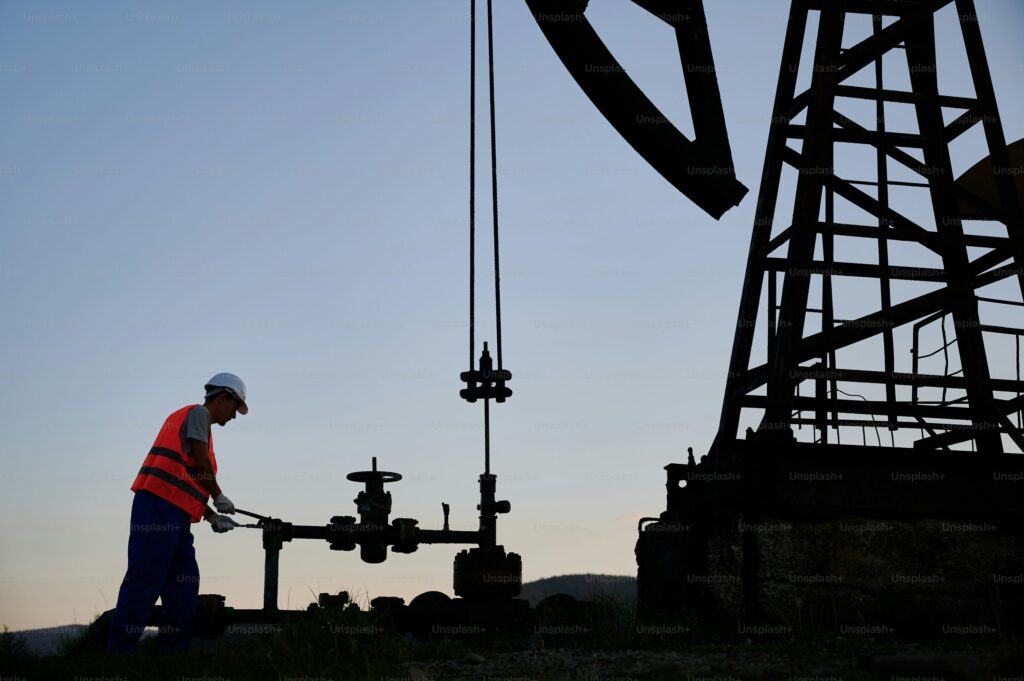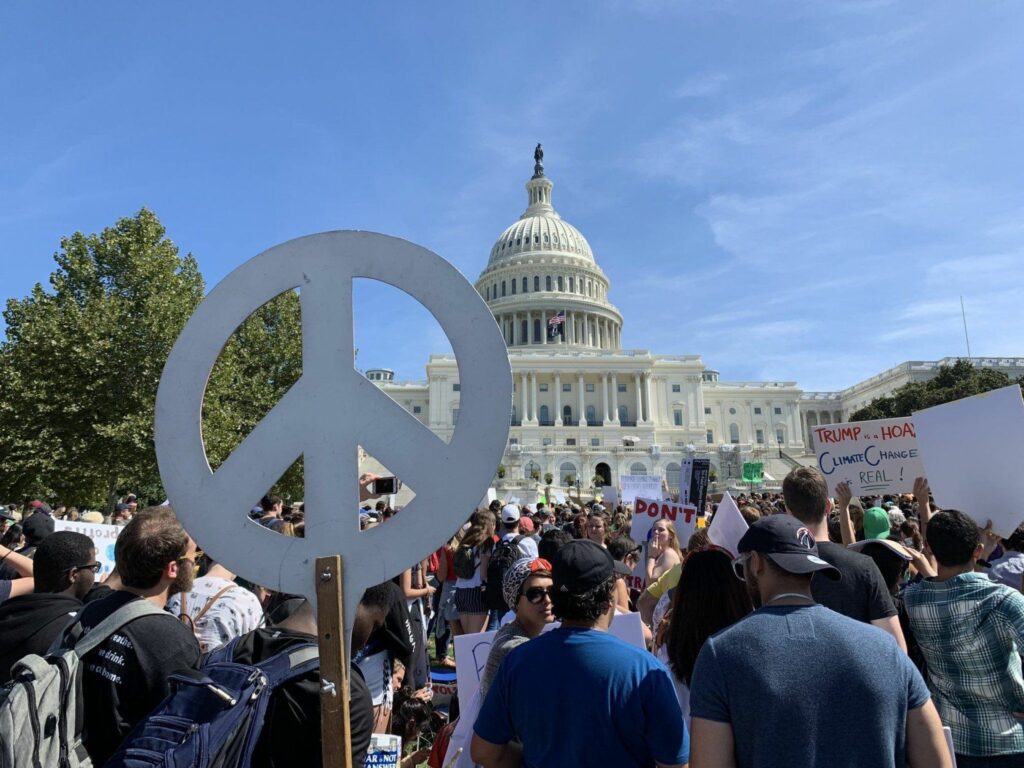Meanwhile in Canada, where regulations are a law unto themselves, the federal government’s promised Clean Fuel Standard will arrive later and hit harder or something. It was first promised in 2016 and was meant to get 30 million tonnes of GHGs by 2030, which wouldn’t help much even if it were true. But the original plan to have a draft by spring 2020 turned into delivery in December 2021, of rules meant to take effect a year later but now to kick in in December 2023. Oh, and the climate crisis is so urgent and overwhelming that kerosene, jet fuel and fuel oil won’t count. Which will relieve our Prime Minister, Captain Carbon, as he contrails around the world saving us from everything except public sector smug incompetence, including upcoming hardship visits to Bali, Bankok and Djerba (why never Sudbury or East St. Louis, we wonder). But if the alarmists believe their own rhetoric about how “scientists say… emissions need to fall immediately” and that 2024 is way too late, this sort of sauntering into action is hypocritical as well as feeble. Although to be fair the policy will, of course, raise the cost of living, especially for the poor. Exactly what its architects didn’t intend.
On the subject of hypocrisy, we have to note here that the very green heir to the throne, Prince Charles, was just revealed to have taken over 20 private flights this year, some by helicopter, “to avoid being stuck in traffic”. Apparently he’s “allergic” to helicopter flights and a “royal source” conceded that it was “a conflict” and “tricky”. Which isn’t much but, as with F1 racer Sebastien Vettel’s “Yes, I am a hypocrite doing what I do for a living or doing what I love”, beats anything we’ve yet heard from Canada’s Prime Minister.
What we have heard is that the government will wave its magic wand and require gasoline to reduce its “carbon intensity” by 3.6% over 2016, whatever that means, by December 2023, up from the original 2.5% by December 2022. And for diesel 3.8%. And again we’re faced with this galling pseudo-precision; why the 0.2% difference? What conceivable rational purpose can it serve?
It lurches on. By 2030, instead of the original plan of both dropping 12.5% by 2030, diesel is now to fall 15% and gasoline by 14.7%. Well duh, if it were 14.6% Manhattan would go under. Everybody knows. This sort of calculation is where science meets econometrics, right? Or are you just making it up to sound persuasive?
Still, why get distracted by that question when we could be discussing how forcing companies to make gas burn less gas by this trivial fraction can save us all from Climategeddon. As with the Minister of Families, Children and Social Development handing out $3.5 million to install “31 Level 2 EV chargers and 67 fast chargers across Ontario and Quebec” by November 2022, it does not suggest seriousness either by its modest scope or its languid pace. (That they have no apparent awareness of the bottleneck in raw materials for actual EVs, or the insurmountable challenges in expanding the grid, let alone solutions, again suggests a fundamental lack of adult supervision of their own brains.)
Naturally the Environment Minister said “I am excited. It just goes to show that we can deliver clean air, good jobs and a strong economy all at once. The Clean Fuel Regulations will help secure a foundation for more growth.” As usual, in grading their own work they find that they get straight As. And it’s not that they’re lying. It’s that their sublime self-confidence prevents them from scrutinizing any disconnect between what they’ve actually accomplished and what they said they needed to, instead larding phrases about “greener solutions that tackle climate change and transition toward a low-carbon economy” into any communication whatsoever, no matter how irrelevant the program or trivial the scale (in this case the “grand opening of the Daki Menan Lands and Resources Forestry Initiative” into which the feds chucked a mere $670,000).
CTV reports that what the Clean Fuel Standards initiative will achieve is a lot of pain for trivial gain. “An impact analysis of the Clean Fuel Regulations published Wednesday estimates they will cut about 18 million tonnes of greenhouse gas emissions in 2030, or five to six per cent of what Canada needs to eliminate to meet its current targets for that year.” Which will only be true if one takes an optimistic view of the government’s capacity to achieve GHG targets it has, to this point, botched with uniform consistency. But “It will cost between $22.6 billion and $46.6 billion for refineries and other fuel suppliers to comply, or an average of about $151 per tonne of emissions reduced.” Well, that’s quite the price on carbon. Not what we were promised, is it?
We are not huge fans of model projections in any area. The story continues that, based on that analysis:
“The impact will shave $9 billion off of Canada's GDP, and hike gasoline prices between six and 13 cents a litre in 2030 when the full scope of the regulations is in effect. That could cost between $76 and $174 per vehicle, or up to $301 per household. The analysis says there will be a disproportionate cost impact on lower-income families, single mothers and seniors, who are more vulnerable to fluctuations in energy costs and are the least likely to be able to afford alternatives like electric vehicles.”
The latter part is common sense. But given that Canada’s GDP is around $2.5 trillion, if the result really is a $9 billion drop the actual impact of these regulations by 2030 will be bupkis. On top of which one impact of the CFS will be more use of ethanol which actually seems to increase emissions, while pushing up the price of food.
Trudeau saves the planet again… inside his own head.


